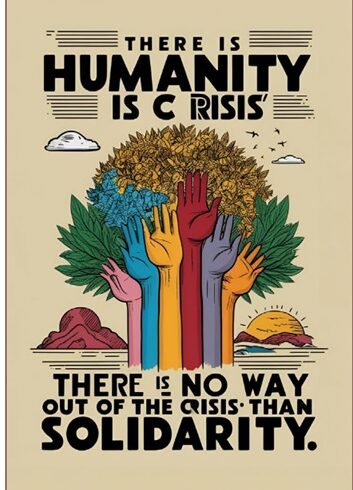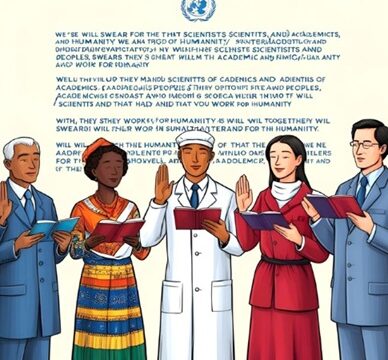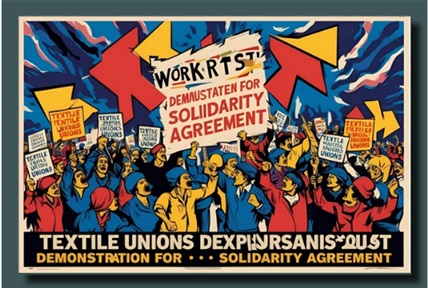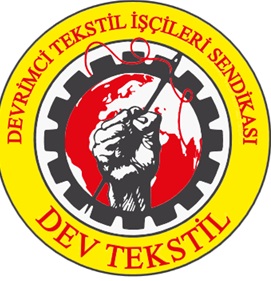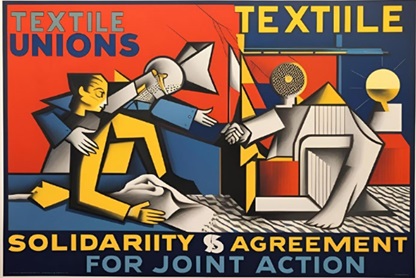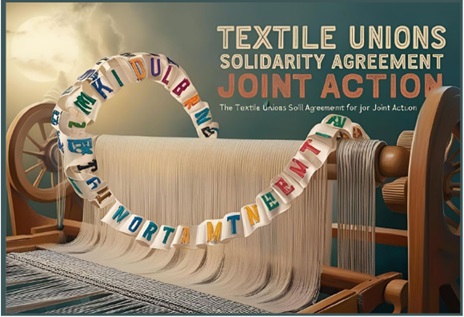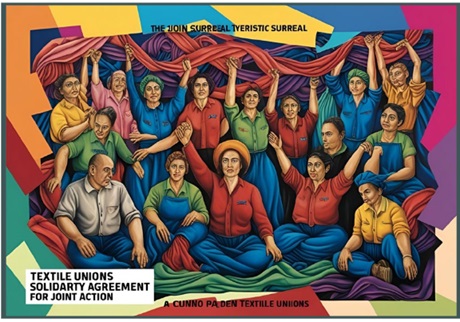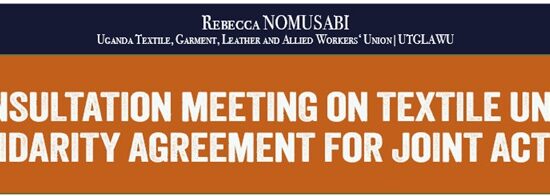Rosa CAÑADELL
SIEC (SEMINARIO ITACA DE EDUCACIÓN CRÍTICA)|ACTIVIST IN DEFENSE OF PUBLIC EDUCATION
In this increasingly diverse, unfair and unequal world, solidarity is one of the fundamental values for a healthy coexistence. Solidarity involves, essentially, the rejection of injustice in all areas, the attitude of empathy with the most disadvantaged and the willingness to fight against all kinds of abuse, discrimination, exploitation, poverty, inequality and violence.
School constitutes an excellent place for the socialization of our children and young people. If we think that school, as experts say, has to prepare students to live in the society of the 21st century, all signs point to the fact that it is going through a time of multiple crises that can lead us to an increasingly inhuman world. This is the reason why schools have a very important task to do in order to educate in and for solidarity.
We are facing a time in which there is a global increase in hate speech and an increase in social polarization that make it very difficult to raise debates in a respectful and non-violent way. The communication media, social networks and some political speeches contribute to this tension and frequently hide in a shameless way the real reasons for the evils that affect us.
We have girls/boys and teenagers who are addicted to their cell phones, following the statements of youtubers and influencers (sometimes even within the educational centers themselves) and without knowledge or criteria to defend themselves, to distinguish what is true from what is a lie, what is valid or what is ethical. The right wing is very active in these networks and this progressive right wingization of society is a challenge to all of us who are dedicated to and interested in education. Indeed, the ultra discourses have also penetrated the classrooms and have seduced a sector of our youth. When society swings to the right and the extreme right, it is also contagious for our students.
However, even though we cannot change the world through education, as Paulo Freire says, we can “change the people who will change the world”.
Education for solidarity and global justice involves knowledge and critical analysis of conflicts and an understanding of how the world works, both locally and globally. This means providing knowledge that helps students to understand the causes and consequences that generate inequalities, injustices and conflicts. We should be explicit about the fact that violence is a negative way of resolving conflicts. With violence, neither reason nor justice wins, but force. The strongest does not necessarily have to be the best. It is necessary to study how the use of violence always creates suffering and often creates more problems than it was intended to avoid. It is necessary to analyze the causes of past and ongoing wars, and to see how behind them there are always economic and/or power interests of a minority who are the ones who decide to start the war, but not the ones who will suffer it in their flesh.
It is also necessary to contribute to a change in attitudes and practices that make it possible for our young people to become respectful citizens, in solidarity with the weakest and committed to social transformation. Educational environments provide situations to practice these attitudes; we should take advantage of them and help each student to build his/her own value system based on the values of peace and the rights of all people. There are plenty of didactic resources that can help us to work in the classroom. However, the most important thing is to be clear that the relationships within the classroom, both among students and between students and teachers, are crucial to help build this culture of solidarity.
Ultimately, to educate our children and young people in the conviction that we must change this deeply unjust world and the best way to work for peace and solidarity is never to use violence.

